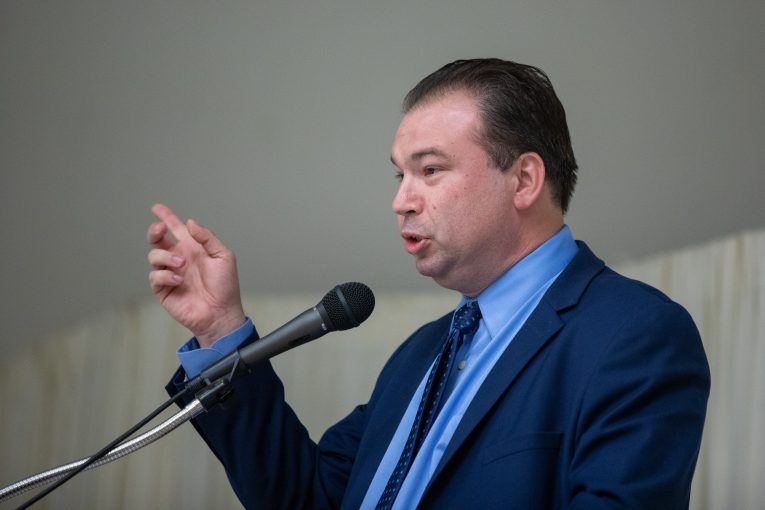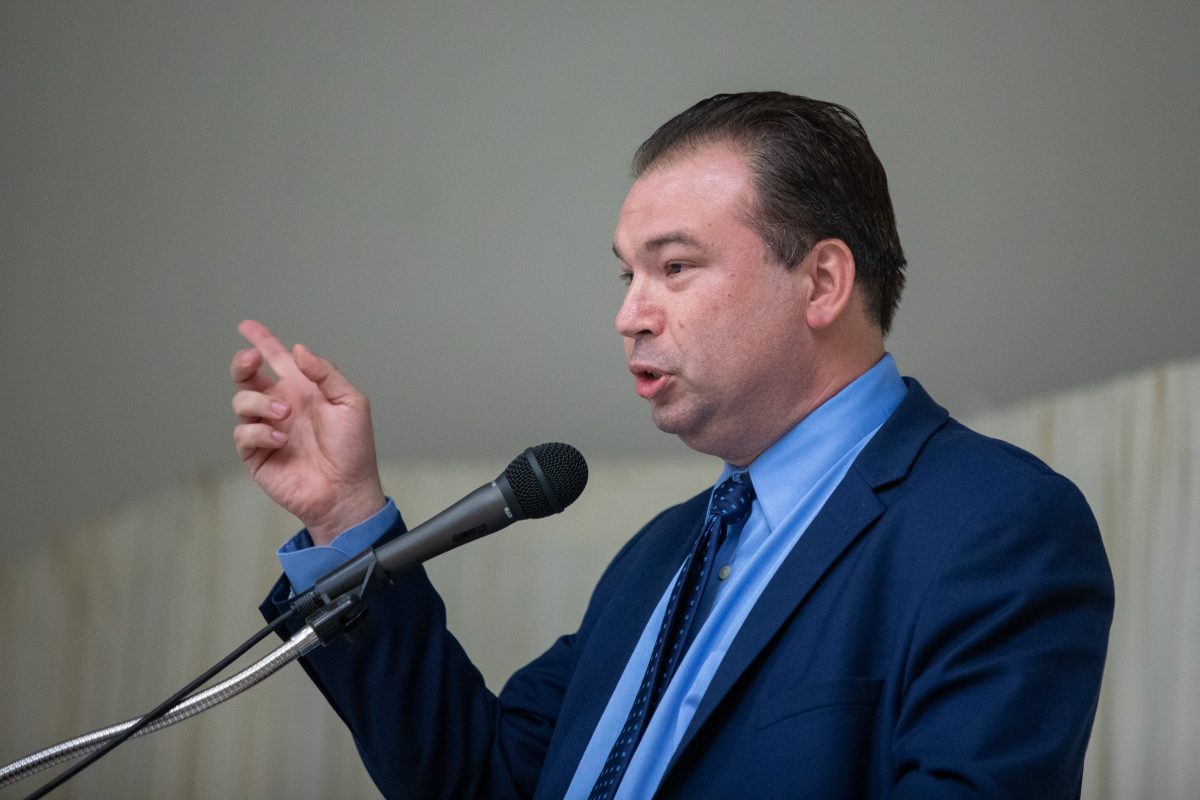

By Jeffrey Deskovic
“Looking back” will feature reprints of articles that Jeff previously wrote while a columnist at The Westchester Guardian, which encompass topics that are applicable here in CA as well as across the country and not simply applicable to NY.
Last Thursday evening, CNN’s Anderson Cooper ran a segment on prosecutorial misconduct, a phrase that is finding its way into public consciousness with ever increasing frequency. His guests were Barry Scheck, co-founder of The Innocence Project and well known author and former prosecutor Jeffrey Toobin. Their discussion centered around a recent study by the Northern California Innocence Project, which identified more than 700 California cases involving misconduct from 1997 to 2009, from which only 6 prosecutors (fewer than 1%) were officially disciplined. In fact, judges who were supposed to be referring prosecutors found to have been engaged in prosecutorial misconduct to the state bar for investigation were in almost every instance failing to do so.
USA Today ran a two-part series in Sept. of 2010 on prosecutorial misconduct by federal prosecutors that reviewed 201 cases of misconduct in which a judge publicly reprimanded the prosecutor, and found only 1 prosecutor “was barred even temporarily for practicing law.”
In August of 2010 The Innocence Project released its own study that found in 25% of 255 DNA exonerations to that point, prosecutorial misconduct was a factor. Of the various withholding exculpatory material (Brady violations) – often involving knowledge of alternative suspects and forensic evidence – 37% involved multiple instances of misconduct, usually a pairing of Brady violations with improper arguments or questioning.
The above studies are merely emblematic of the increased public and media awareness of a heretofore generally unrecognized and clearly unpunished blight within our criminal justice system. It is becoming increasingly more apparent that the traditional concept of prosecutorial immunity has in fact been a major catalyst in the shameful number of wrongful convictions being exposed to a large extent by highly refined DNA, and other technologies.
The bugaboo defense most frequently offered for the perpetuation of immunity – a legal doctrine stating that prosecutors cannot be sued personally no matter how egregious their conduct if it happens after an arrest has been made – is that prosecutors need to be free to do their job without fear of legal vulnerability, and that their time should be spent prosecuting cases, not defending themselves from charges of wrongful conduct.
As I see it, law-abiding prosecutors would have little to fear, and could do their jobs just as effectively as others in law enforcement who do not enjoy such immunity. Given the umbrella of such immunity, it is not surprising that unscrupulous prosecutors continue to break the law and violate the civil rights of accused individuals in an all out misguided effort to win convictions at any cost, often resulting in the conviction of innocent targets of opportunity.
Another catalyst for such wrongful behavior and egregious outcomes resides in the fact that those district attorneys running the office are most often elected and frequently point to high percentages of conviction, thereby creating an incentive to those prosecutors under their supervision to bring about as many convictions as opposed, thus ensuring their re-election.
All too often as these unfortunate elements working in tandem continue to produce wrongful convictions, bar associations and judicial tribunals fail to hold them accountable and to punish them.
As this grievous circumstance both at the state and federal level has moved into the public conscience, spurred by mounting media coverage, it is becoming more and more evident that we need the formulation of meaningful policy and legislation to stem this tide. We can no longer ignore the need to hold prosecutors personally accountable for both their civil and criminal violations of individual civil rights. Therefore, the time is at hand to bring about meaningful and effective legislation that will bring an end to such abuses.
Specifically, I propose legislation to end prosecutorial immunity from civil lawsuits in clear cut instances of intentional misconduct. I am further proposing legislation that will impose incarcerative penalties for the same.
After all, police officers who daily place themselves in harm’s way are not accorded such immunity, and further, if they violate a civilian’s civil rights, they are subject to arrest and federal prosecution. Why should prosecutors be any different? In fact, as a society, do we really need to maintain this class of individuals who are above the law, who in effect by their conduct proclaim, “Do as we say, not as we do?”
“Jeffrey Deskovic, Esq, MA, is an internationally recognized wrongful conviction expert and founder of The Jeffrey Deskovic Foundation for Justice, which has freed 9 wrongfully convicted people and helped pass 3 laws aimed at preventing wrongful conviction. Jeff is an advisory board member of It Could Happen To You, which has chapters in CA, NY, and PA. He serves on the Global Advisory Council for Restorative Justice International, and is a sometimes co-host and co-producer of the show, “360 Degrees of Success.” Jeff was exonerated after 16 years in prison-from age 17-32- before DNA exonerated him and identified the actual perpetrator. A short documentary about his life is entitled “Conviction“, and episode 1 of his story in Virtual Reality is called, “Once Upon A Time In Peekskill“. Jeff has a Masters Degree from the John Jay College of Criminal Justice, with his thesis written on wrongful conviction causes and reforms needed to address them, and a law degree from the Elisabeth Haub School of Law at Pace University. Jeff is now a practicing attorney.
